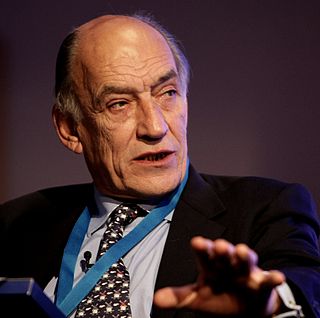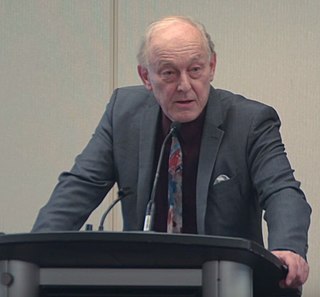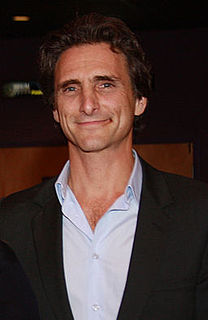A Quote by Mike Jackson
Intervention continues to be a prominent dimension of the post-cold war world.
Related Quotes
One concern I had while I was working actively in the intelligence community - being someone who had broad access, who was exposed to more reports than average individuals, who had a better understanding of the bigger picture - was that the post - World War II, post - Cold War directions of societies were either broadly authoritarian or [broadly] liberal or libertarian.
What's the purpose of NATO? Well actually we have an official answer. It isn't publicized much, but a couple of years ago, the secretary-general of NATO made a formal statement explaining the purpose of NATO in the post-Cold War world is to control global energy systems, pipelines, and sea lanes. That means it's a global system and of course he didn't say it, it's an intervention force under US command, as we've seen in case after case. So that's NATO.
The twentieth century had dispensed with the formal declaration of war and introduced the fifth column, sabotage, cold war, and war by proxy, but that was only the begining. Summit meetings for disarmament pursued mutual understanding and a balance of power but were also held to learn the strengths and weaknesses of the enemy. The world of the war-or-peace alternative became a world in which war was peace and peace war.





































